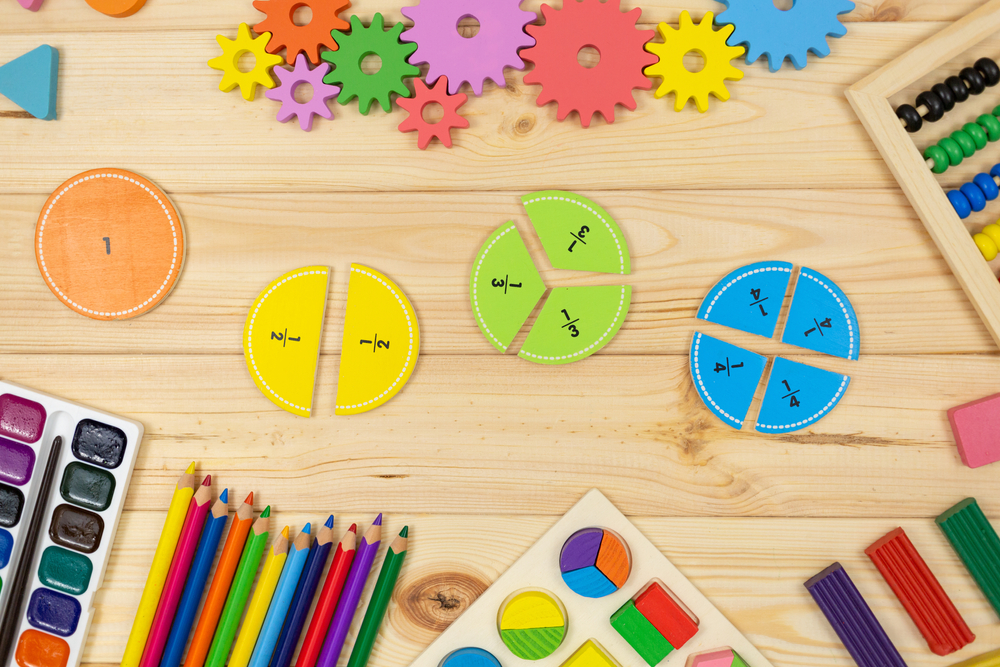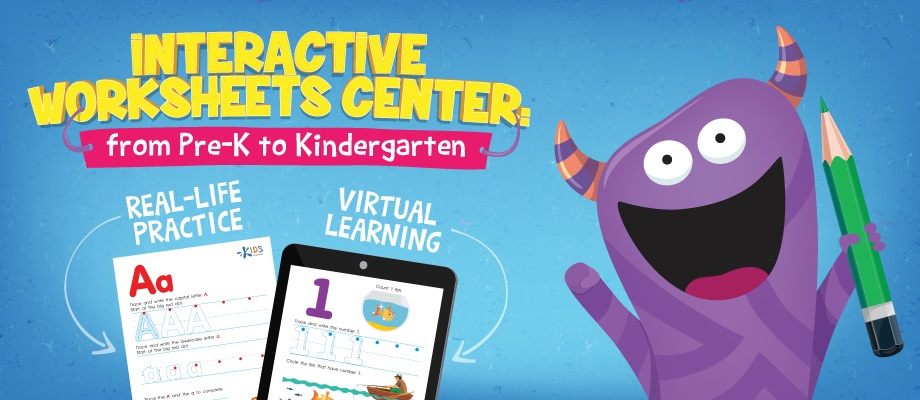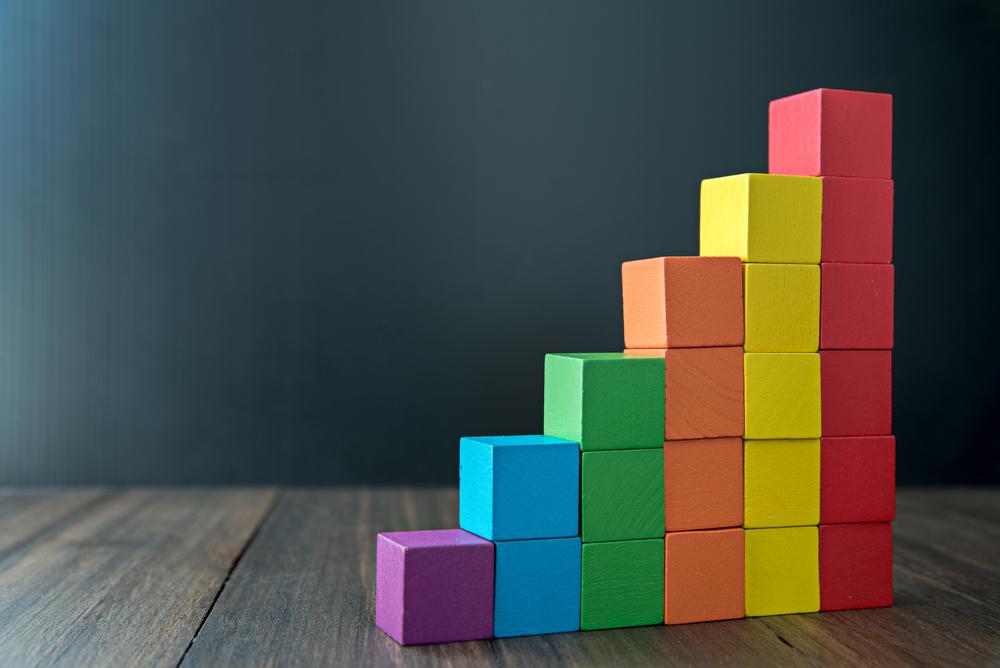Basic math abilities Worksheets for Ages 5-8
3 filtered results
-
From - To
Enhance your child's foundational math skills with our engaging "Basic Math Abilities Worksheets" designed for ages 5-8. These worksheets provide a variety of fun and interactive activities that make learning math enjoyable. From counting and number recognition to simple addition and subtraction, our resources are tailored to suit early learners, fostering a strong grasp of essential math concepts. Parents and educators can easily download and print these worksheets for use at home or in the classroom, promoting independent learning. Discover how these worksheets can help your child develop confidence and proficiency in math, setting a solid foundation for future learning!
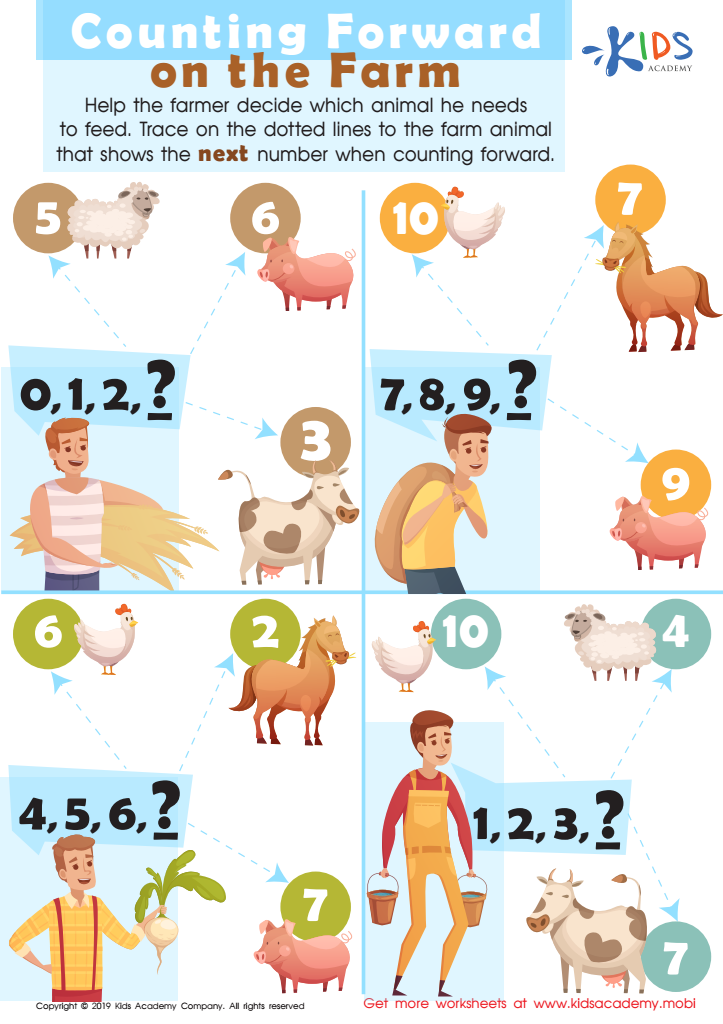

Counting Forward On the Farm Worksheet
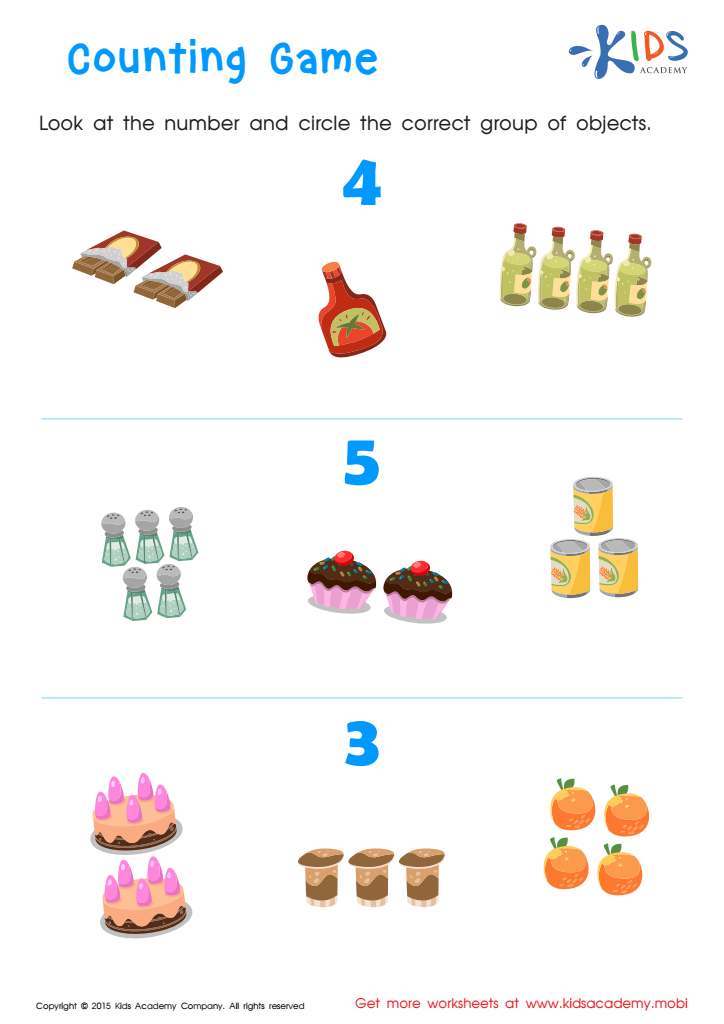

Counting Worksheet
Basic math abilities from ages 5 to 8 are crucial for several reasons, making it essential for parents and teachers to prioritize this fundamental skill set. At this early stage, children are developing cognitive skills that lay the foundation for future learning. Mastering basic math concepts, such as counting, addition, subtraction, and understanding simple patterns, enhances critical thinking and problem-solving skills.
Engaging with math at a young age helps children develop confidence in their abilities, fostering a positive attitude towards learning. Children who grasp these concepts early are more likely to excel in later math courses, mitigating math anxiety as they progress academically.
Additionally, basic math skills promote everyday functioning, enabling children to handle daily tasks such as counting money, telling time, and understanding measurements, all of which boost their independence and decision-making skills.
Moreover, early math education is strongly linked to overall academic success. Research shows that math skills in early elementary years create a solid groundwork for literacy and reasoning. By reinforcing these abilities through enjoyable learning experiences, parents and teachers can effectively nurture a lifelong appreciation for math, essential for problem-solving in an increasingly complex world. Prioritizing basic math is an investment in children's cognitive development and future success.

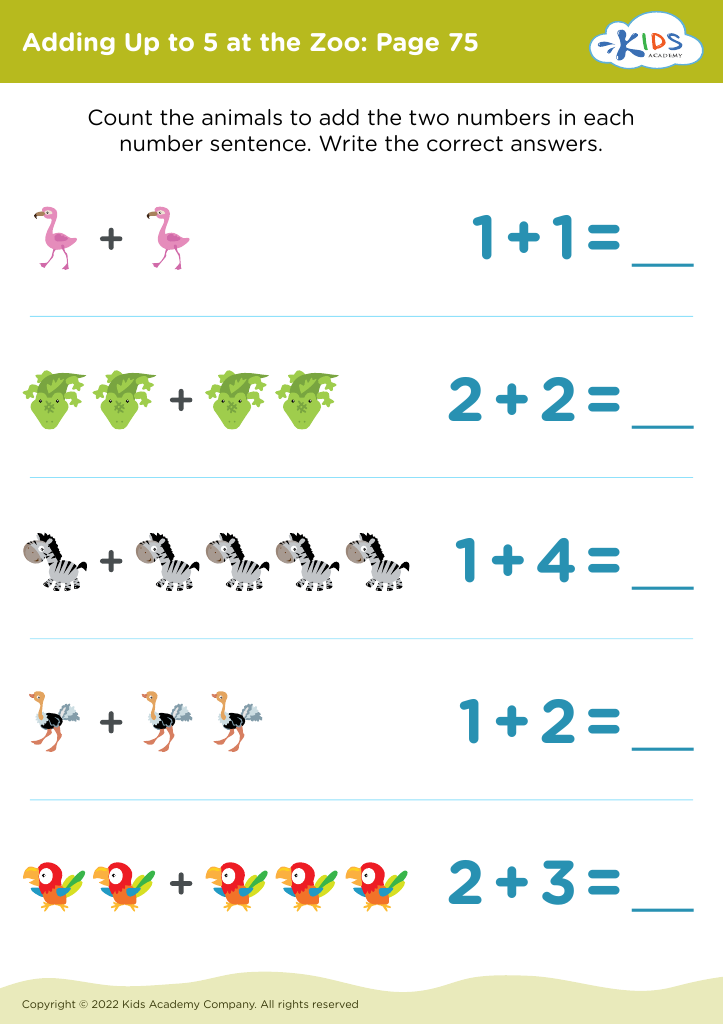
 Assign to My Students
Assign to My Students



